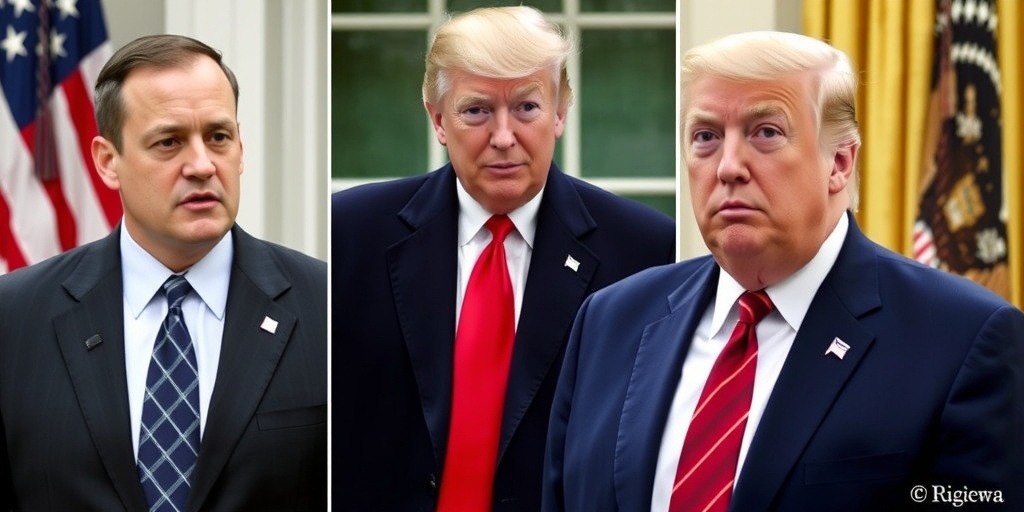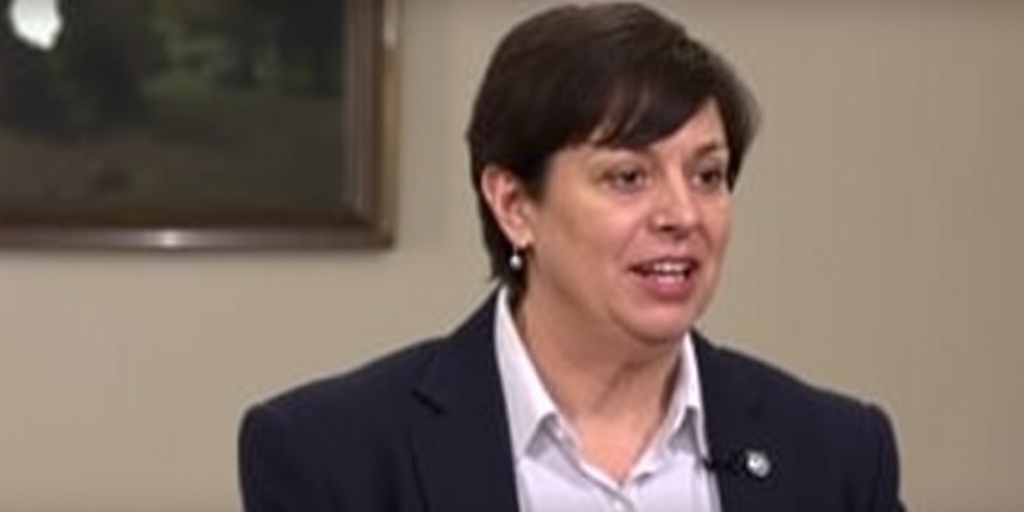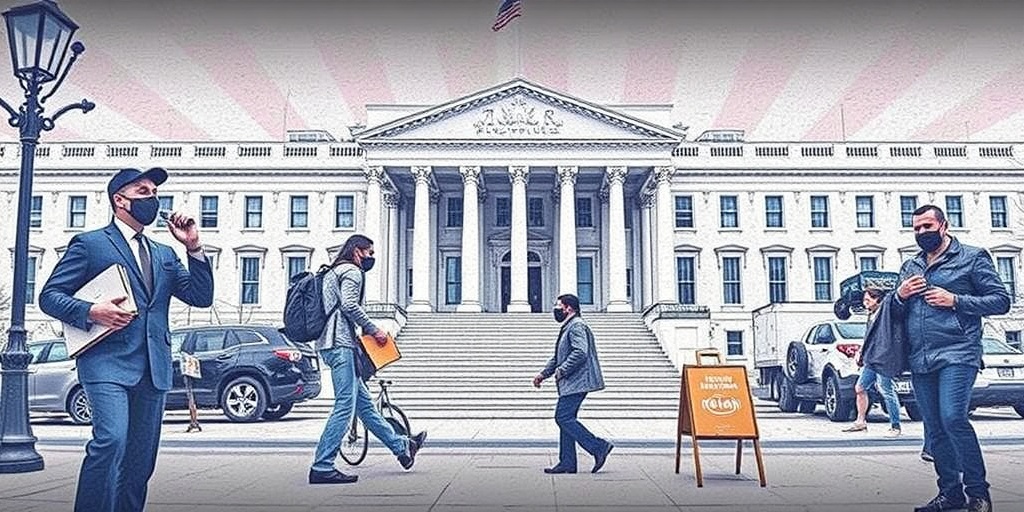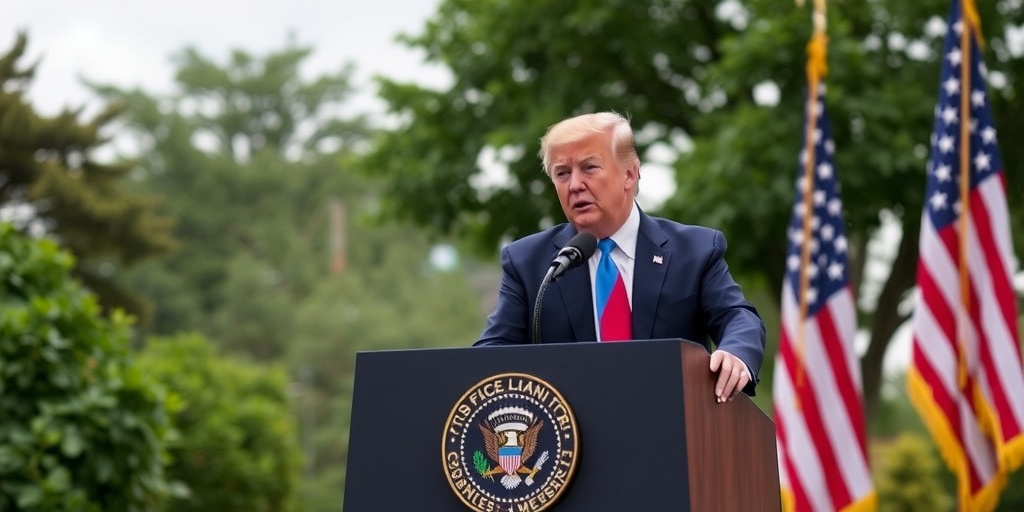Now Reading: Justice Dept. Restricts Lawyers from ABA Activities
-
01
Justice Dept. Restricts Lawyers from ABA Activities
Justice Dept. Restricts Lawyers from ABA Activities
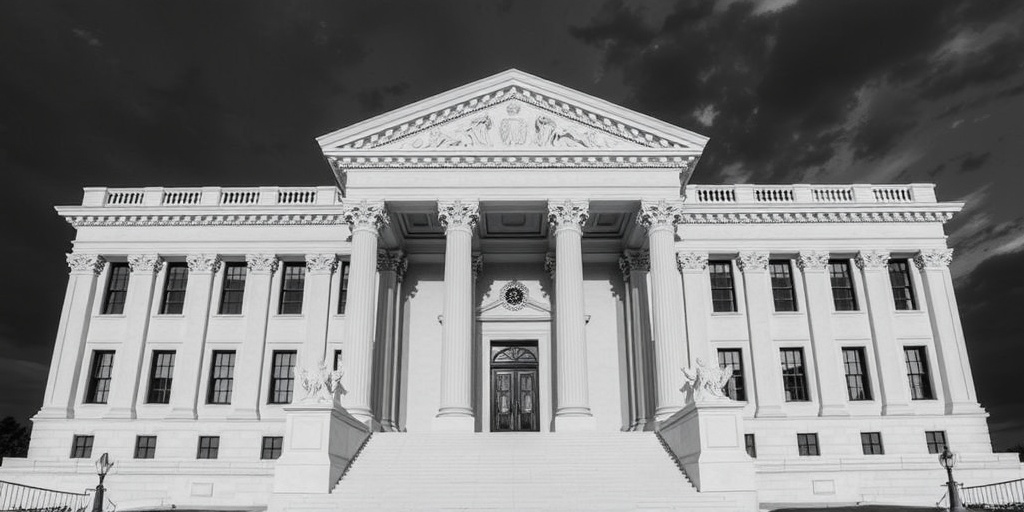
Justice Department Bars Lawyers from Attending ABA Events in Response to Political Tensions
In a significant shift in policy, the Justice Department announced on Wednesday that its lawyers would no longer be permitted to attend American Bar Association (ABA) events. This decision, outlined in a memo from Deputy Attorney General Todd Blanche, highlights the ongoing conflict between the Trump administration and the legal profession regarding the representation of clients and the involvement of government lawyers in what are perceived as “activist causes.”
The memo explicitly states that while the ABA is entitled to advocate for its chosen causes in legal arenas, Justice Department employees are expected to conduct their professional duties in a manner that upholds the department’s core mission. This mission, according to Blanche, involves administering justice fairly, effectively, and impartially. Consequently, the department will no longer allocate taxpayer dollars for travel related to ABA events and will impose strict limitations on employees working in policy-related roles. These employees will be prohibited from speaking at, attending, or participating in ABA functions in their official capacities. Moreover, they will not be able to hold any position within the ABA nor renew their memberships.
Blanche’s directive extends to the publication of articles or other materials in any ABA-sponsored media. Employees will require explicit approval from the Deputy Attorney General before engaging in such activities, further tightening the restrictions on interactions between Justice Department lawyers and the ABA.
Historically, senior officials from the Justice Department have participated actively in ABA conferences, often serving as keynote speakers at events that attract attorneys from all over the nation. The new policy appears designed to curtail such participation, reflecting the Trump administration’s broader strategy of asserting control over government agencies and their relationships with advocacy groups.
Interestingly, the policy does allow for certain exceptions. Career Justice Department lawyers not involved in policy-making may still attend ABA events—provided they do so during personal time and at their own expense. This delineation indicates a nuanced approach to departmental engagement, while still placing scrutiny on the department’s relationship with the ABA.
The announcement coincided with President Trump’s recent executive orders aimed at punishing law firms that have taken actions contrary to his interests, including the well-known firm Susman Godfrey. The President has also initiated moves to revoke security clearances for former administration officials, Christopher Krebs and Miles Taylor. These actions are part of a broader pattern where Trump has utilized the power of the government to target individuals or entities he perceives as adversaries.
The memo issued by Blanche does not address Trump’s executive orders or the criticisms those directives have drawn from various legal circles, including the ABA. Instead, it focuses on previous instances where the ABA has intervened in significant legal matters, such as rulings involving abortion rights, educational admissions, and First Amendment cases. By referencing these issues, the memo seems to underscore the administration’s attempt to distance itself from organizations that do not align with its ideological views.
The ABA, which boasts a membership exceeding 400,000 lawyers, has responded to these developments cautiously. A spokesperson for the organization did not provide a timely comment on the new directives. However, William R. Bay, the ABA’s president, emphasized in a statement last month that clients have the right to access legal representation without undue government interference.
The implications of these restrictions are far-reaching, potentially affecting the dynamics of legal representation and the provision of justice in a politically charged environment. As the Justice Department seeks to create barriers between its lawyers and the ABA, the legal community is left to grapple with the consequences of these decisions.
Critics argue that limiting the participation of Justice Department lawyers in professional associations like the ABA undermines the integrity of the legal profession and the principle of justice. By creating an atmosphere of tension between the government and legal practitioners, this policy could foster an environment where lawyers feel inhibited in their advocacy on behalf of clients, particularly those involved in controversial cases.
In conclusion, the memo from the Justice Department represents a defining moment in the relationship between the federal government and legal organizations. By restricting its lawyers from engaging with the ABA and curbing their ability to participate in broader legal discussions, the Trump administration is sending a clear message about its priorities and the role of legal professionals within the public sphere. As this story continues to unfold, it will be crucial to monitor how these changes impact not just the Justice Department, but the legal profession at large and the clients they represent.
Stay Informed With the Latest & Most Important News
Previous Post
Next Post
-
 01New technology breakthrough has everyone talking right now
01New technology breakthrough has everyone talking right now -
 02Unbelievable life hack everyone needs to try today
02Unbelievable life hack everyone needs to try today -
 03Fascinating discovery found buried deep beneath the ocean
03Fascinating discovery found buried deep beneath the ocean -
 04Man invents genius device that solves everyday problems
04Man invents genius device that solves everyday problems -
 05Shocking discovery that changes what we know forever
05Shocking discovery that changes what we know forever -
 06Internet goes wild over celebrity’s unexpected fashion choice
06Internet goes wild over celebrity’s unexpected fashion choice -
 07Rare animal sighting stuns scientists and wildlife lovers
07Rare animal sighting stuns scientists and wildlife lovers













